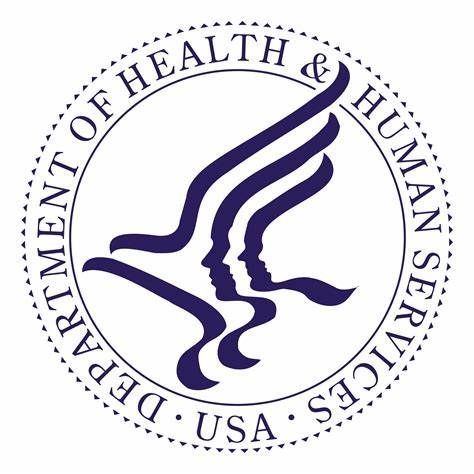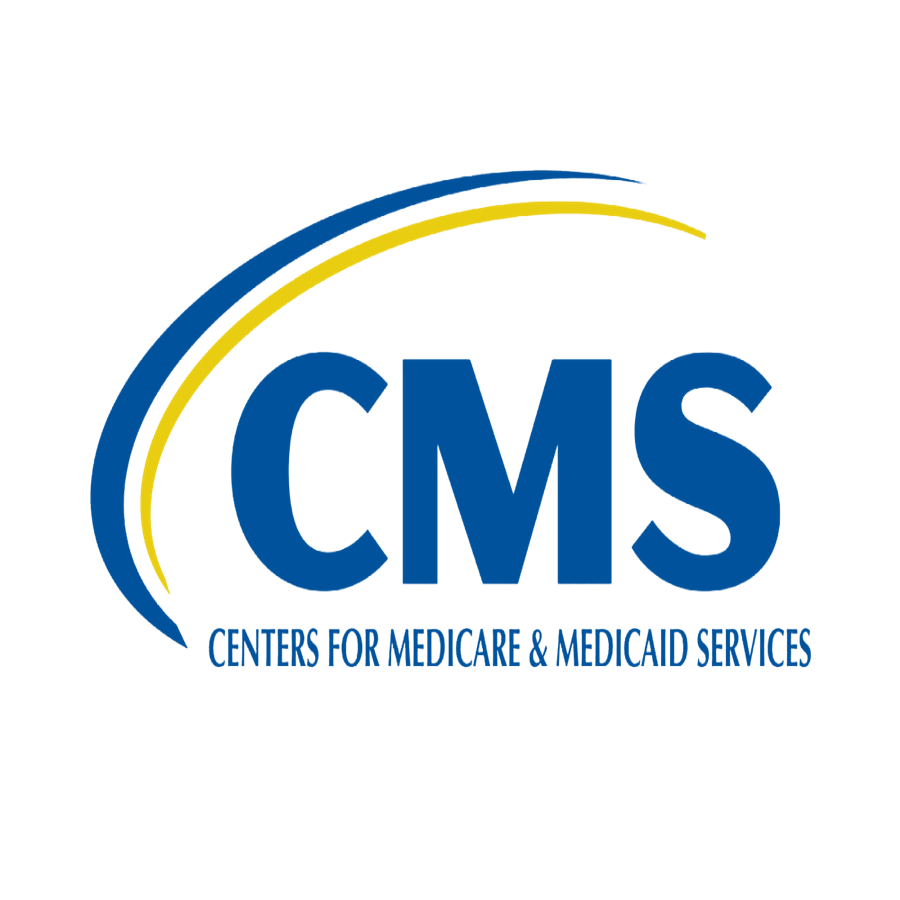Navigating the Four Stages of Congestive Heart Failure: How Home Health and Personal Care Services Can Help
Heart failure affects about 6.2 million adults over the age of 20 in the United States, with nearly 1 million new cases diagnosed annually (Verywell Health). This can feel overwhelming for many patients. Understanding the stages of congestive heart failure (CHF) is crucial to managing the disease effectively. Home health Richmond and personal care services play a significant role in supporting patients through each stage of CHF.
Areas We Serve
- Home care Richmond, VA
- Home care Henrico, VA
- Home care Charles City, VA
- Home care Goochland, VA
- Home care Hanover, VA
- Home care New Kent, VA
Read more:

Understanding Congestive Heart Failure
Congestive heart failure (CHF) is a chronic condition where the heart doesn't pump blood as well as it should. A healthy heart pumps oxygen-rich blood to the body efficiently, but in CHF, the weakened heart struggles to maintain the necessary circulation. [Watch Cardiovascular Media Library. Watch. Learn. Live. (heart.org).] Common causes include coronary artery disease, high blood pressure and previous heart attacks.
Statistics highlight the growing prevalence of CHF globally. The number of patients with heart failure worldwide nearly doubled from 33.5 million in 1990 to 64.3 million in 2017 (European Society of Cardiology). This underscores the importance of early detection and management.
Read more:
- Honoring CNAs and PCAs: A Tribute to Nursing Assistants Week
- Celebrating OT Month: Enhancing Lives with Occupational Therapy
- How Home Health Services Enhance Quality of Life of Seniors
The Four Stages of Congestive Heart Failure
The American Heart Association identifies four stages of CHF, each representing a progression in the severity of the disease.
Stage A: Pre-Heart Failure - Stage A involves patients at elevated risk of developing heart failure due to conditions like hypertension, diabetes or family history. Lifestyle modifications (including diet and exercise) and preventive measures are crucial at this stage to reduce risks.
Stage B: Asymptomatic Heart Failure - Patients in Stage B show structural heart changes but have not yet experienced symptoms. Early treatment can help prevent the onset of symptoms. Lifestyle changes and medications play a vital role here.
Stage C: Symptomatic Heart Failure - Stage C is characterized by visible symptoms like shortness of breath, fatigue and swelling. Treatment often includes medications, lifestyle adjustments and possibly implanted devices. Home health care support becomes essential in managing these symptoms and maintaining quality of life.
Stage D: End-Stage Heart Failure - In Stage D, patients experience constant symptoms and frequent hospitalizations. The focus shifts to improving quality of life and end-of-life planning. Options like heart transplants may be considered. Home health and personal care services are crucial for symptom management and providing comfort.
Read more:
- Dementia Home Health Care Services Richmond VA
- The Vital Role of Nutrition in Wound Healing
- Assisting with Personal Home Health Care and Hygiene in Richmond, VA
Early-Stage Heart Failure: Knowing Your Options
Managing Stage C heart failure at home can be challenging. Home health support offers numerous benefits, such as:
- Medication and lifestyle education: Ensuring patients understand their treatment regimens.
- Diet and nutrition information: Helping patients maintain a heart-healthy diet.
- Strength and mobility exercises: Improving physical function and reducing symptoms.
- Vital signs monitoring: Early detection of any deterioration in health.
- Symptom and weight management: Preventing hospital readmissions.
For example, a patient named John managed his Stage C heart failure effectively with the support of home health services. Regular monitoring and tailored exercise programs helped John improve his strength and maintain his quality of life (www.heart.org).
Read more:
- Welcome Christina Shaw as the New Clinical Manager at Affirmation
- The Role of a Home Health Care Aide
- In-Home Medication Management for Health & Safety
Personal Care Services for Heart Failure Patients
Personal care services offer support in daily living activities, enhancing comfort and reducing the burden on family caregivers. These services include:
- Assistance with bathing, grooming and hygiene: Ensuring patients maintain personal cleanliness.
- Meal preparation and dietary support: Providing heart-healthy meals tailored to patient needs.
- Light housekeeping and laundry: Maintaining a clean and safe living environment.
- Transportation and errand assistance: Helping patients with mobility challenges.
- Companionship and emotional support: Reducing feelings of isolation and depression.
Consider the story of Mary, a CHF patient who benefited significantly from personal care services. Her caregiver helped with daily activities and provided much-needed emotional support, significantly improving Mary’s quality of life (www.heart.org).
Read more:
- Tips for Convincing Your Elderly Parent to Accept Help
- Understanding the Differences Between Home Health and Home Care
End-Stage Heart Failure: Knowing Your Options
Early discussions about long-term goals and wishes are vital in managing end-stage heart failure. Planning for comfort and quality of life can involve:
- Palliative care: Focusing on symptom relief and emotional support.
- Home health services: Reducing hospital visits and managing symptoms at home.
- End-of-life planning: Ensuring patients’ wishes are respected and providing support to family members.
A patient named Robert utilized palliative care and home health services to manage his end-stage heart failure. This approach helped Robert stay comfortable and spend quality time with his family at home (www.heart.org).
Understanding the four stages of CHF is essential for effective management. Home health and personal care services provide invaluable support, helping patients navigate each stage and maintain their quality of life.
Contact Affirmation Home Health and Personal Care for more details on home health and personal care services. Visit Affirmation Pathways for Living to learn more and schedule a consultation.
By understanding CHF and utilizing available resources, patients can better manage their condition and improve their quality of life.

Affirmation is a not-for-profit organization created by LifeSpire of Virginia and Pinnacle Living.
Quick Links
Compassionate In-Home Care in Richmond
All Rights Reserved | Affirmation | Site Built By Rank Rocket Creative Studios







